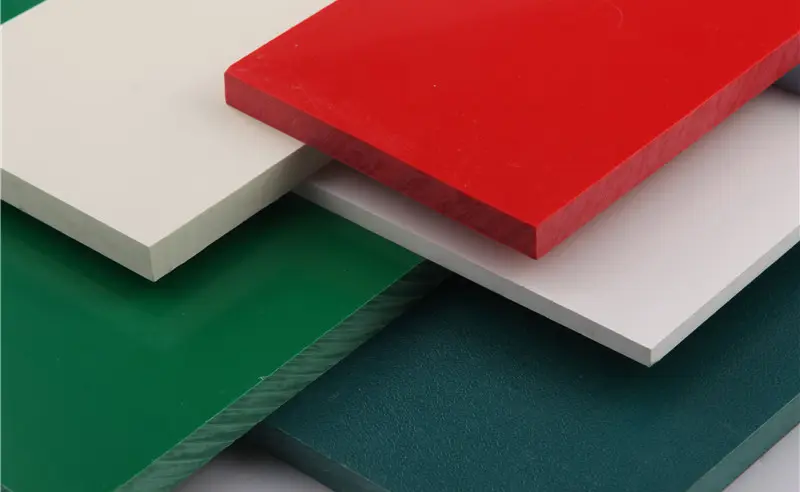Okt . 09, 2024 03:24 Back to list
hdpe pipe for drip irrigation
HDPE Pipe for Drip Irrigation A Sustainable Solution for Modern Agriculture
In the landscape of modern agriculture, efficient water management has emerged as a critical factor in enhancing crop yields and ensuring sustainability. Among various irrigation techniques, drip irrigation stands out as a particularly effective method for delivering water directly to the plant roots. Central to the success of this system is the choice of materials used, and High-Density Polyethylene (HDPE) pipes have gained significant recognition for their superior performance in drip irrigation applications.
The Advantages of HDPE Pipes
HDPE pipes are known for their exceptional durability, flexibility, and resistance to a range of environmental conditions. One of the primary benefits of HDPE is its high resistance to corrosion and various chemicals, which makes it ideal for agricultural applications where exposure to fertilizers and pesticides is common. Unlike traditional materials such as metal or PVC, HDPE does not degrade over time, ensuring a longer lifespan and reduced replacement costs.
Water Efficiency and Conservation
Drip irrigation systems that utilize HDPE pipes are designed to maximize water efficiency. The system delivers water directly to the base of the plants, minimizing evaporation and runoff. This targeted approach significantly reduces water usage, which is critical in areas where water scarcity is a growing concern. By using HDPE pipes, farmers can achieve up to 90% water efficiency compared to traditional irrigation methods. This not only conserves water but also ensures that crops receive the right amount of moisture needed for optimal growth.
Economic Benefits
Investing in HDPE pipes for drip irrigation can yield substantial economic benefits for farmers. Although the initial installation cost may be higher than conventional systems, the long-term savings in water and fertilizer costs make it a sound investment. Reduced labor costs further enhance the economic viability of using HDPE pipes, as the automation of irrigation systems allows for more efficient operation with less manual intervention.
hdpe pipe for drip irrigation

Environmental Impact
The sustainability of agriculture is an increasingly pressing issue as global populations rise and climate change affects weather patterns. Using HDPE pipes in drip irrigation systems not only promotes water conservation but also reduces the environmental footprint of farming practices. By minimizing water wastage and enhancing crop productivity, farmers can contribute to more sustainable agricultural practices that protect local ecosystems.
Additionally, HDPE is fully recyclable, which aligns with the growing emphasis on circular economy principles. When the pipes reach the end of their operational life, they can be reprocessed into new products, thereby reducing landfill waste and the demand for new raw materials.
Installation and Maintenance
One of the significant advantages of using HDPE pipes in drip irrigation systems is their ease of installation. The lightweight nature of HDPE makes transportation and handling more manageable, reducing setup time and labor costs. Furthermore, HDPE pipes are available in various diameters and lengths, allowing for customized solutions tailored to specific agricultural needs.
Maintenance of HDPE systems is also straightforward, as their durability ensures that they are less prone to wear and tear. Routine inspections and occasional cleaning are usually sufficient to keep the system running efficiently. This low-maintenance aspect makes HDPE pipes an attractive option for farmers looking to streamline their operations.
Conclusion
In conclusion, HDPE pipes represent a robust and sustainable choice for drip irrigation systems in modern agriculture. Their durability, water efficiency, economic advantages, and environmental benefits make them a preferred material for farmers aiming to maximize their productivity while minimizing their ecological impact. As the agricultural sector continues to evolve, the integration of efficient technologies like HDPE pipes will be essential in meeting the challenges posed by water scarcity and the need for sustainable practices. By adopting such innovative solutions, farmers can secure their livelihoods while contributing to a healthier planet.
-
Durable PP Rigid Sheet: Lightweight, Chemical Resistant Solutions
NewsAug.21,2025
-
PVC Grey Sheet for Extraction: Chemical Resistant & Durable
NewsAug.19,2025
-
Durable PVC Pipe Fittings for Plumbing & Irrigation Needs
NewsAug.18,2025
-
HDPE Steel Belt Reinforced Spiral Corrugated Pipe | High Strength
NewsAug.17,2025
-
HDPE Pipe Fittings: Durable, Leak-Proof Solutions
NewsAug.16,2025
-
Premium CPVC Sheet: High-Temp & Chemical Resistant Solutions
NewsAug.15,2025

